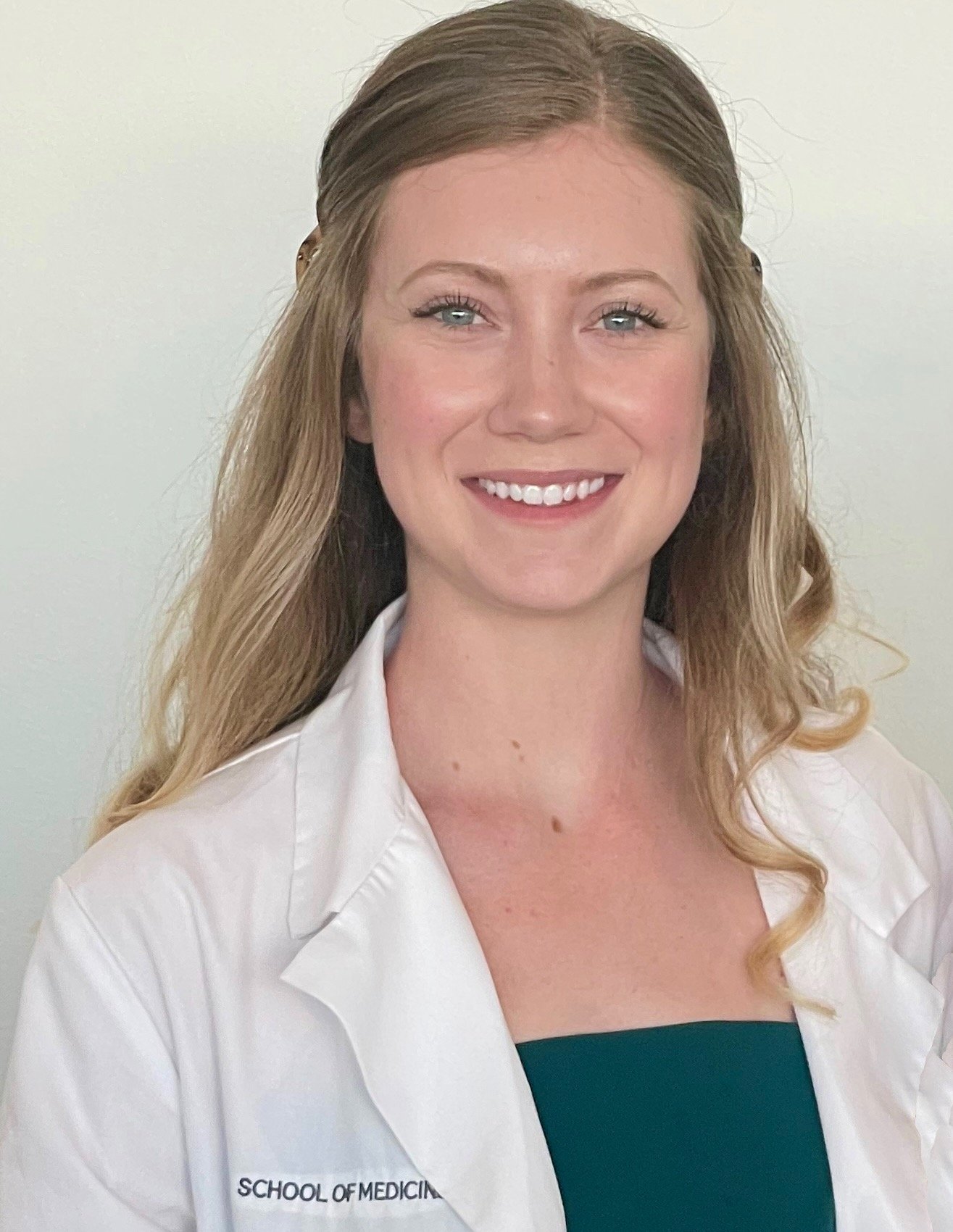To Weather Time
By: Teyhana Rounsavill
“Gosh, he pretty much helped raise me,” the patient, “James,” chuckled as I gently worked the rigid tip of the otoscope into his ear. I had asked him what it was like seeing Dr. H all these years. He mentioned that “The Doc” was a part of his life before he was even a thought in his parent’s minds. Both were patients of Dr. H once he started his practice in Southern Oregon, so it was only natural that once James was conceived, Dr. H would also be intricately tied to his evolving life. From prenatal visits to delivery to scraped knees and forever awkward conversations relating to “the talk,” Dr. H was always there to support, console, educate, or just listen. Not only did he provide care for James’ medical needs, but he also provided much needed guidance when his parents suddenly passed. “I do not know what I am going to do without him.” James wore the news of Dr. H’s retirement like soggy boots. He sloshed around the clinic room with leaden feet and a sense of longing. Never had I witnessed someone so reluctant to leave a doctor’s office.
I mentioned my interaction with James to Dr. A, another physician at the practice. His fingers click-clacked against his keyboard as he smiled, “That reminds me of exactly why I chose to do this specialty.” Family medicine physicians may often find themselves frustrated, overwhelmed, or utterly burnt out. It is not uncommon for them to be the first-line of contact when a patient needs help, though often the last to be thanked. They are first hand witnesses to the many different struggles, mistakes, and vanishing acts patients perform. They may feel partly responsible for the questionable actions or words that inadvertently slip out instead of an “aaaah” while in the exam room. Although they do their best to project encouragement and words of advice, sometimes it only scratches at the clouds of shame and judgment shading patient’s minds. Their efforts either result in sunshine or maelstrom. “But” Dr. A argues, “that’s what makes the role of a family physician so crucial. You are afforded the opportunity to be there for your patients when they are at their best and when they are at their worst. You get the opportunity to show that you will support them regardless of what they are going through – and that is special.”
Dr. A gestured toward the patient's facesheet next to his laptop, the dark, inky words holding secrets few could decipher, “For every sad story, you learn.” You learn to adapt. You learn which interventions or string of words seem to be most effective at preventing the clouds from ever forming in the first place. You begin placing emphasis on the wins instead of the losses. “After all,” his next words forever ingrained in my mind, “the entire practice of family medicine is a focus on the future.” Being a primary care physician is one of the few opportunities an individual will have in being a constant in so many different and unique lives. Regardless of the difficulties, you are placed in a privileged position that allows you a special insight into your patient’s past, present, and future. It is up to the individual physician on which tense they prefer to focus on.
Teyhana Rounsavill is a 3rd year medical student at OHSU. This piece was written following a family medicine rotation, which she notes has been one of the most rewarding experiences in her career thus far. Teyhana grew up in a small town in Utah before completing her undergraduate degree in Boulder, CO. She later moved to the PNW to further her training at OHSU. Her hobbies include hiking, camping, cycling, baking bread, and writing.
